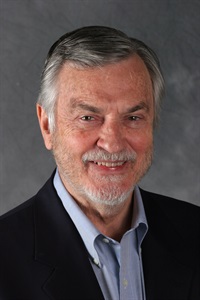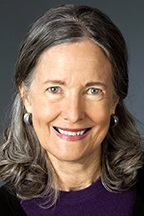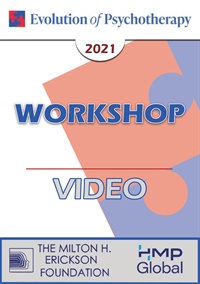EP21 Workshop 04 - Safe Conversations - Harville Hendrix, PhD; Helen LaKelly Hunt, PhD
- Average Rating:
- Not yet rated
- Topic Areas:
- Workshops | Attachment | Communication | Couples Therapy
- Categories:
- Evolution of Psychotherapy | Evolution of Psychotherapy 2021 | Pioneers in Couples and Family Therapy
- Faculty:
- Harville Hendrix, PhD | Helen LaKelly Hunt, PhD
- Course Levels:
- Master Degree or Higher in Health-Related Field
- Duration:
- 2 hours
- Format:
- Audio and Video
- Original Program Date:
- Dec 01, 2021
- License:
- Never Expires.
Description
Description: This workshop focuses on the Safe Conversations process, helping participants shift communication from conflict to connection by building relational competence. Key practices include structured dialogue, empathy, zero negativity, and affirmations. The workshop highlights the importance of respecting personal space, being present, and adapting techniques to different relationship challenges. It concludes with a call to grow Safe Conversations as a global movement for stronger relationships and communities.
Syllabus Description: Contextual change is essential to sustain personal change. This speech describes and discusses an experiment of exporting Imago Dialogue as a transformational process to the culture.
Learning Objectives
- Discuss the necessity of contextual change to support personal change.
- Describe the Safe Conversations Dialogue Process.
- Practice the Safe Conversations Dialogue.
Credits
Handouts
| Timestamped Transcript (1.7 MB) | 48 Pages | Available after Purchase |
| Ericksonian Learning Snapshot (246.2 KB) | 2 Pages | Available after Purchase |
Faculty

Harville Hendrix, PhD Related Seminars and Products
Harville Hendrix, PhD and Helen LaKelly Hunt, PhD are partners in life and work. Their lives and work are integrated in their commitment to the transformation of couples and families and to the evolution of a relational culture that supports universal equality. Harville is co-creator of Imago Relationship Therapy and co-founder of Imago Relationships International. Chancellor of the Imago International Institute and emeritus board member of IRI. Dr. Hendrix has received an honorary Doctor of Humane Letters from Mercer University, Macon, GA, the Distinguished Service Award from the American Association of Pastoral Counselors, and the Distinguished Contributors Award by the Association for Imago Relationship Therapy. His latest book, written with his wife, Helen Hunt, is Receiving Love.

Helen LaKelly Hunt, PhD Related Seminars and Products
Harville Hendrix, PhD and Helen LaKelly Hunt, PhD are partners in life and work. Their lives and work are integrated in their commitment to the transformation of couples and families and to the evolution of a relational culture that supports universal equality.


